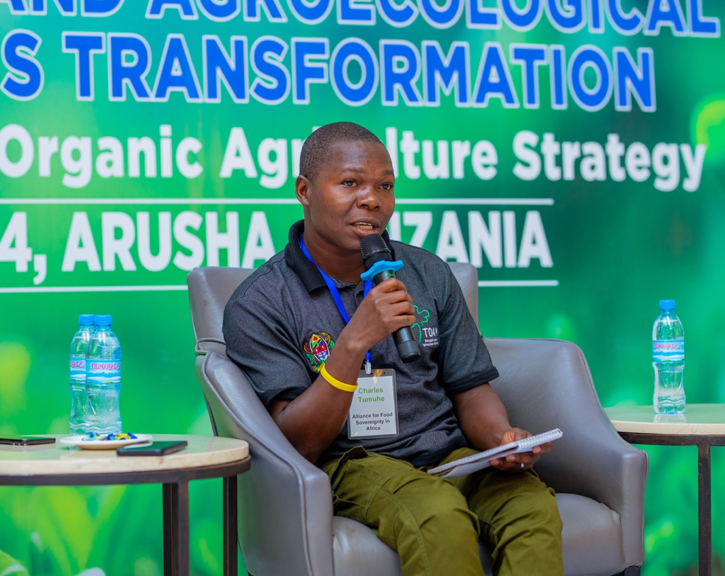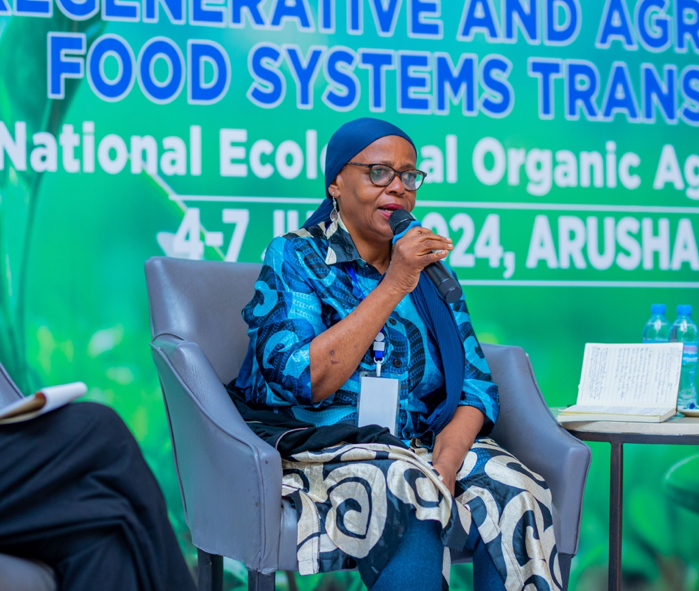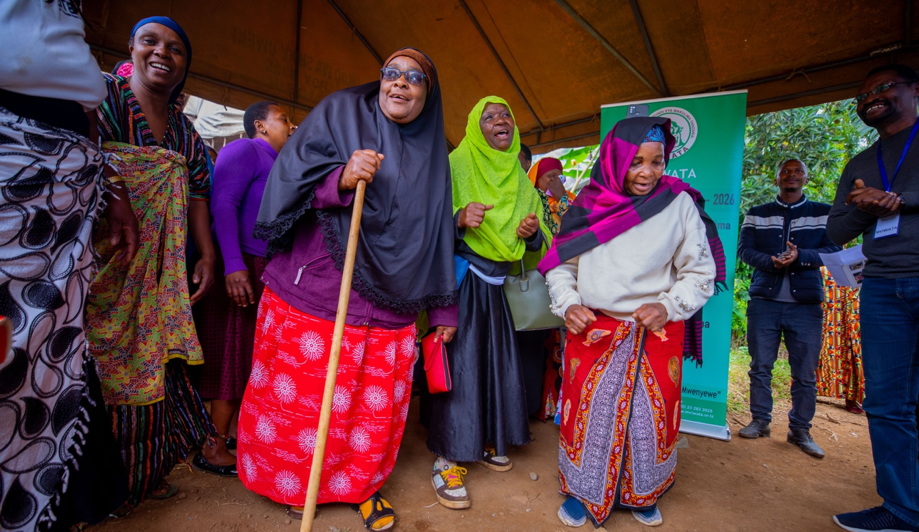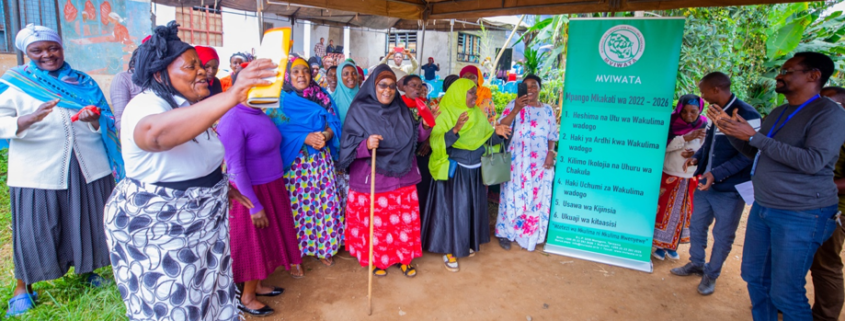Cultivating Change Gathering in Tanzania: Transforming Food Systems
There is a large number of farmer movements, initiatives and organizations that have practicing and advocating for decades to scale and accelerate regenerative and agroecological food systems transformations.
However, funding – or more, the lack of it- is still a very big issue. According to a recent report by the Global Alliance for the Future of Food (GAFF), the transition to agroecology and regenerative food systems will require U$D 430 billion annually, but right now only U$D 44 billion goes towards this in contrast with the U$D 630 billion which goes annually towards harmful agriculture subsidies. [1]
From June 4 to 7, I was invited by the Agroecology Coalition to attend the Cultivating Change Gathering in Arusha, Tanzania. The meeting was convened by the Global Alliance for the Future of Food, Biovision Foundation, Agroecology Coalition and Climate Works Foundation.

Over 100 people including funders, governments officials and civil society representatives gathered for two very important events on agroecology, fertilizers, and transitions in food systems, including discussing and rallying support to scale and accelerate agroecological good systems transformation.
The main objectives of the June 2024 Cultivating Change Convening were:
- Accelerate Implementation: Reflect on opportunities to align and coordinate strategies, policies, resources, funding and finance to support initiatives to take root and/or scale, with a focus on Tanzania and East Africa.
- Facilitate Knowledge Sharing:Exchange insights from ongoing transition processes and regional discussions.
- Catalyze Coordination: Build relationships and connections within and between countries and regions involved in agroecological transitions.

Charles Tumuhe, AFSA (Alliance for Food Sovereignty in Africa)
The experience was overall very enriching as we had the opportunity to learn about the transition programs in Kenya, Uganda and Tanzania. In the case of Tanzania, the National Ecological Organic Agriculture Strategy (NEOAS) has become the gold standard for the transition towards agroecology in the region which has in part been achieved by an increase in its agriculture budget of five times since 2021.
The NEOAS process includes six priority action areas and has been developed by a multistakeholder participatory process in which the TOAM (Tanzanian Organic Agriculture Movement), one of the founding members of Regeneration International has been involved since the beginning, in particular through the work of its wonderful chair, Mwatima Juma.
Other Eastern African countries are also on the way to develop or have developed the own agroecology strategies and it was really important to also hear from them and draw parallelisms about the common struggles and challenges and farmers all over the world.
Some of the key take aways of the meeting were:
- The fundamental recognition of indigenous, farmer and local and traditional knowledge and practices is of superb importance.
- One of the priorities to bridge the funding gap is to coordinate efforts within the donor community and bring a united front of support that goes directly to farmers and civil society organizations.
- The regenerative agroecology agenda must be in direct dialogue with the climate, biodiversity and health agenda.
- It is important to work educating consumers, create demand and develop market pathways for agroecology products.
- Extensionist should be trained in agroecology, since they play a very important role in dissemination and education.
- Promote peer to peer programs and support PSG and more accessible certification systems.
- Coordinate global efforts and regional efforts and learn about the beacons of hope, local and regional governments who have embraced regeneration and agroecology.

Mwatima Juma, founding member of Regeneration International, Chair of the Organic Agriculture Movement in Tanzania (TOAM)
The feeling after attending a meeting like this so far away from home is that agroecology has become a galvanizing force for the different movements and has gone from being marginalized, considered far too radical or minimized as an alternative to actually becoming the only and most viable alternative we have to change our food systems. An inclusive agroecology that tackles the issues and goals of food sovereignty, the strengthening of short supply chains and local food systems and healthy diets for a healthy planet.
[1] https://futureoffood.org/wp-content/uploads/2024/05/GA_CultivatingChange_Report_052124.pdf


